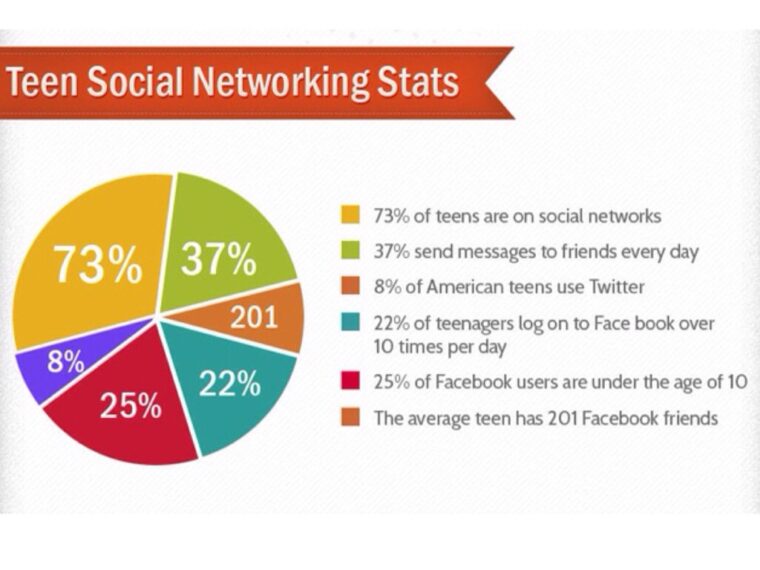A recent study conducted by a social scientist at the University at Buffalo has further solidified the existing notion that there is a connection between social media use and inflammation. The study, published in the Journal of Medical Internet Research, not only highlights this association but also demonstrates that it persists over an extended period.
David Lee, Ph.D., the lead author of the paper and an assistant professor of communication in the UB College of Arts and Sciences, reveals that the study’s findings raise intriguing questions about the nature of social media use and the factors that may contribute to the relationship, which has been linked to a wide range of physical and mental health problems.
The research shows that the amount of time spent on social media, which was objectively assessed using a screen-time app, not only correlated with higher inflammation levels at a single time point but also predicted increased inflammation five weeks later.
These results add to the mounting evidence that excessive social media usage poses risks to one’s health across various domains.
Inflammation is a characteristic of the immune system that can be categorized into two types: acute and chronic. Acute inflammation occurs in response to injury or infection and manifests as redness, congestion, or swelling. On the other hand, chronic inflammation, the focal point of Lee’s study, can be triggered by common experiences such as stress, loneliness, poor diet, lack of exercise, and insufficient sleep.
While chronic inflammation may not be evident in a visible manner like acute inflammation, it can be detected through the measurement of C-reactive protein levels in the blood. Chronic inflammation has been closely associated with long-term health conditions such as cardiovascular diseases, cancer, diabetes, and mental health disorders. Lee’s ongoing five-year study aims to explore the connection between social media use, inflammation, and depression.
What sets the current paper apart from Lee’s previous research is its longitudinal evidence, which suggests that prolonged social media use could be responsible for heightened inflammation. Lee explains that their earlier study only examined the relationship between social media use and inflammation at a single point in time, leaving uncertainty about whether social media use drove inflammation or vice versa. The current research design, however, establishes temporal directionality, indicating that social media use predicts subsequent increases in inflammation.
Another noteworthy aspect of the study is its objective assessment of social media use through a screen-time app, rather than relying on participants’ individual recollections of their usage. Research has shown that people may not accurately remember the exact amount of time they spend on different social media platforms on a daily basis. Therefore, using a screen-time app provides more reliable data regarding the association between social media use and inflammation, as it also minimizes survey response errors or bias. Furthermore, obtaining this data through blood samples ensures the robustness of the findings.
In conclusion, the study highlights the correlation between social media use and increased inflammation over time. It emphasizes the importance of considering the potential health risks associated with excessive social media usage. As further research continues to explore this relationship, it becomes increasingly clear that moderation and awareness are key when it comes to engaging with social media platforms.
Note:
1. Source: Coherent Market Insights, Public sources, Desk research
2. We have leveraged AI tools to mine information and compile it

